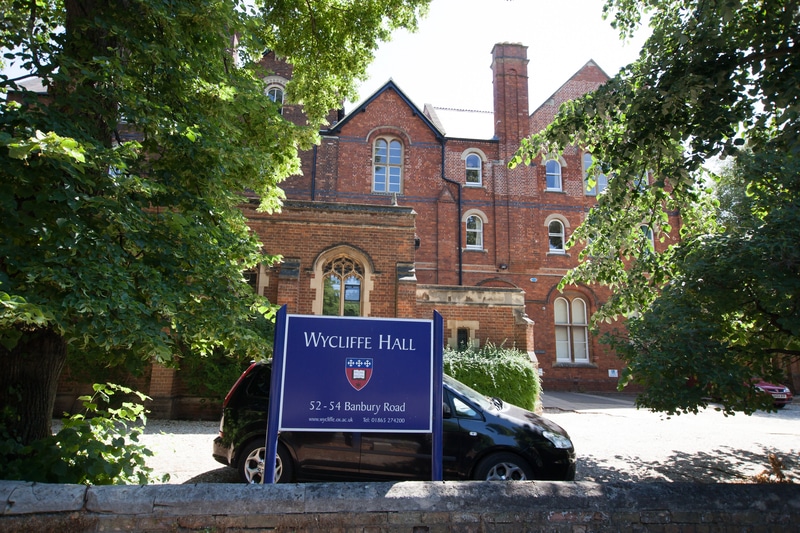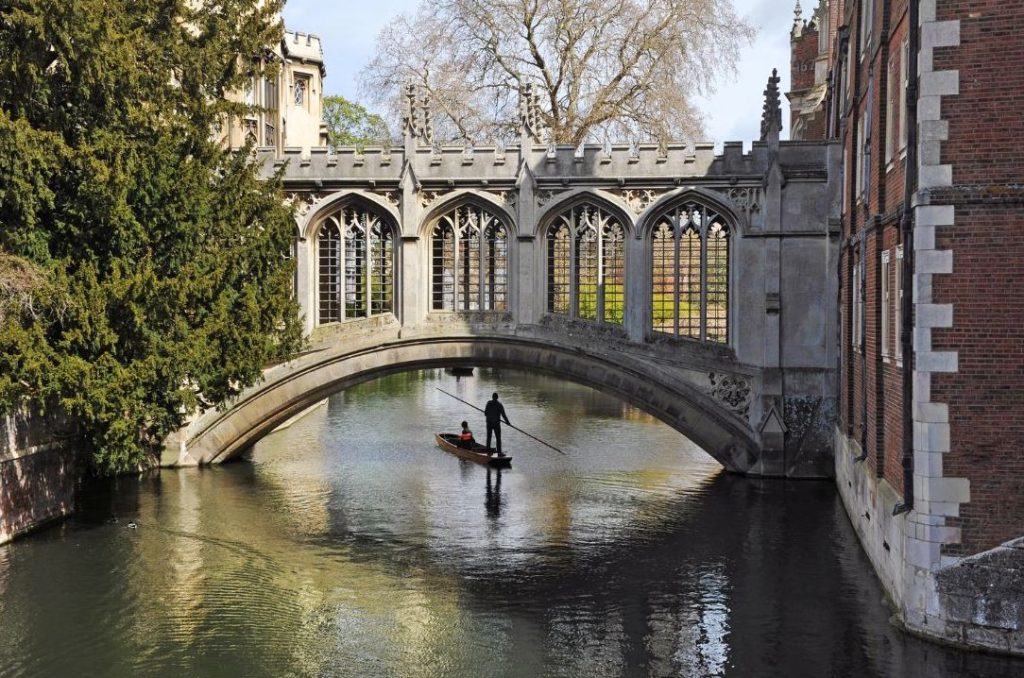What is a PPH?
A PPH is a Permanent Private Hall, of which there are six in Oxford, although this may be about to reduce to five. These private halls are part of the wider university, but their primary differences from colleges include their size, source of funding and governance. PPHs are much smaller than colleges (both in student capacity and in physical size); they are self-funded and are not part of the University’s JRAM (joint resource allocation mechanism) that redistributes collegiate wealth; and they were founded by different Christian denominations (this does not mean that you have to be of that denomination/religion to apply and study in these halls). Currently, the PPHs that accept undergraduates are Regent’s Park College, St Stephen’s House, and Wycliffe Hall. Campion Hall and Blackfriars Hall are graduate-only. Regent’s Park offers many subjects, although no sciences. St Stephen’s offers Theology as its only course and its core purpose is ministerial formation. It’s a beautiful place but probably only of interest to a relatively limited number of students. Wycliffe Hall is another theological college, offering Philosophy & Theology and Theology and Religion. Optimal Oxbridge includes Regent’s Park, Wycliffe and St Stephen’s as college options where appropriate.
There is another PPH, St Benet’s Hall. Optimal Oxbridge does not offer St Benet’s Hall as a college option as the University announced, late last year, that is would not accept any undergraduates from St Benet’s because of the precarious nature of this PPH’s financial situation. St Benet’s has declared that it will not renew its license for this coming academic year and is, therefore, facing closure. Former PPHs (which have either achieved college status or are closed now) include St Peter’s Hall, Mansfield College, Manchester College, and Greyfriars.
PPHs are places of deep community spirit and a welcoming atmosphere. The small undergraduate pool – for example Regent’s Park College is the biggest PPH and yet it holds 115 undergrad students and 201 students overall – leads to a close-knit atmosphere and inter-year bonding. It is easy to feel a sense of belonging, and perhaps because the student pool is so small, making friends is easy. If anything, students get even bigger friend groups because everyone knows each other so well. Like in any other college, students take part in wider university clubs and societies, so they get a feel for the wider university community. These include sports, journalism, art, food and drink, politics, music, fashion and much more.
Something quite special about PPHs is that they also admit a large number of visiting students. These students are originally from different universities that come to study in Oxford from anywhere between one to three terms. This means that students looking to take part in this sort of program might end up in a PPH, or might seriously consider studying there. Not only is this beneficial for these students, but also for the PPHs themselves, as they are an important part of the community and add to the interesting variety of people a student at a PPH which meet.
PPH’s offer a limited range degrees, limited to Arts and Humanities subjects, or in some cases, solely Theology. They do offer, however, the same teaching and educational experience as any other college. In fact, students have tutors from outside of college quite regularly, as they are assigned specialists for the subject or specific topic that they are studying. This further adds to the varied set of experiences a PPH student has.
Overall, choosing a college can be a challenging task, and there are some great resources that help narrow down this process. It is important to keep all your options open, including considering PPHs.
Do You Know Which College You Want to Apply For?
Upping Your Game Plan
If not, we can help. We have college bios for every undergraduate degree you can apply for at the University of Oxford and at the University of Cambridge, all written by Oxbridge undergraduates and recent graduates.



